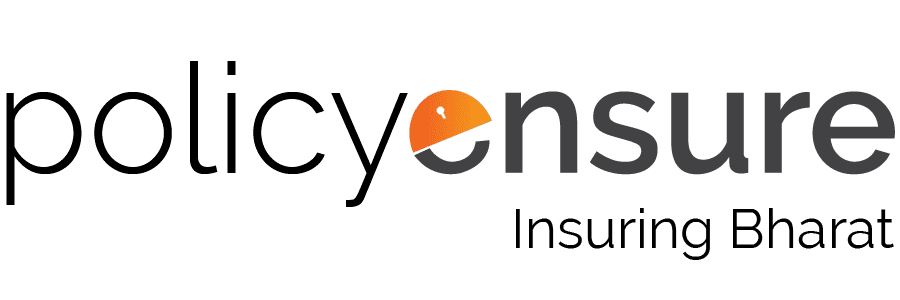The Advantages of Using Insurance Brokerage Services for Personal and Business Coverage
In the world of insurance, finding the right coverage tailored to your needs can feel like searching for a needle in a haystack. Whether you’re seeking personal or business insurance, the maze of policies, premiums, and providers can be overwhelming. This is where insurance brokerage services step in as invaluable allies.
In this blog, we’ll explore the advantages of utilizing insurance brokerage services, offering clarity and peace of mind in a crowded marketplace.
Understanding Insurance Brokerage Services
Insurance brokerage services act as intermediaries between individuals or businesses seeking insurance and insurance providers. Unlike agents who work for specific insurance companies, insurance brokers work independently, representing the interests of their clients. Their primary objective is to match clients with the most suitable policies from a wide range of insurers.
Tailored Solutions for Personal and Business Needs
One of the significant advantages of using insurance brokerage services is the personalized approach they offer. Whether you’re an individual looking for health insurance or a business seeking comprehensive coverage, insurance brokers take the time to understand your unique circumstances. They assess your needs, evaluate risks, and recommend policies that provide the best coverage at competitive rates.
Expert Guidance and Advice
Navigating the intricacies of insurance can be daunting, especially for those unfamiliar with the industry jargon and fine print. Insurance brokerage services provide expert guidance and advice every step of the way. From explaining policy terms to helping you understand coverage limits, brokers serve as knowledgeable allies, ensuring you make informed decisions.
Access to a Wide Range of Options
Unlike dealing directly with insurance companies, which limits you to their offerings, insurance brokerage services provide access to a vast array of policies from multiple providers. This breadth of options allows brokers to find the most suitable coverage for your needs and budget. Whether you’re looking for health insurance with comprehensive benefits or business liability insurance tailored to your industry, insurance brokers can source the best options available.
Time and Cost Savings
Attempting to navigate the insurance marketplace independently can consume significant time and effort. From researching policies to comparing premiums, the process can be overwhelming. Insurance brokerage services streamline this process, saving you time and hassle. Moreover, brokers leverage their industry expertise to negotiate competitive rates on your behalf, potentially saving you money in the long run.
Ongoing Support and Advocacy
The relationship with an insurance broker doesn’t end once a policy is purchased. Brokers provide ongoing support throughout the duration of your coverage. Whether you need to make a claim, update your policy, or seek advice on coverage changes, your broker is there to assist you. In the event of a claim, brokers act as advocates, liaising with insurance companies to ensure prompt resolution.

Conclusion
In a world where uncertainty is a constant, insurance provides a safety net for individuals and businesses alike. However, navigating the complexities of insurance can be daunting without expert guidance. This is where insurance brokerage services shine. By offering personalized solutions, expert advice, and access to a wide range of options, insurance brokers empower clients to make informed decisions and secure the coverage they need. Whether you’re searching for the best affordable health insurance or comprehensive business coverage, partnering with an insurance broker can provide clarity, peace of mind, and invaluable support in an ever-changing landscape. So, when you find yourself asking, “Where can I find an insurance advisor near me?” Remember, your local insurance broker is just a call away, ready to guide you through the maze of insurance options.

















